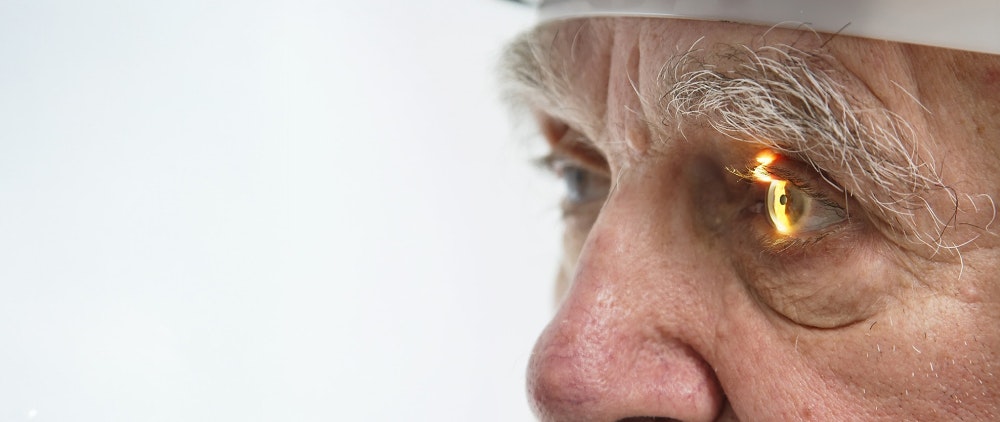Diabetic Retinopathy in Beverly Hills, CA
Board-Certified Retina Care
- Advanced laser and injection therapies
- All treatments performed by Dr. Parks
- Trusted by patients since 1995

Treatment Options for Diabetic Retinopathy at Our Beverly Hills Practice

- Intraocular Injections: Medications are injected directly into the eye to reduce swelling, control fluid leakage, and slow abnormal blood vessel growth.
- Laser Therapy: Precise laser pulses seal off damaged vessels and help prevent new ones from forming, protecting the retina and preserving sight.
- Vitrectomy: In more advanced cases, surgery may be needed to remove blood, scar tissue, or vitreous gel obstructing vision. This outpatient procedure allows for repair of the underlying retina.
- Comfort-Focused Care: Treatments are performed under local anesthesia with numbing eye drops. Most involve no stitches and little to no pain.
Meet Dr. David J. Parks Your Diabetic Retinopathy Specialist

Dr. Parks is a board-certified retina specialist who has served the Los Angeles area since 1995. Patients trust him for thoughtful, one-on-one care, and expert treatment at every stage.
- Retina specialist with 25+ years of experience
- NIH fellowship in ocular immunology and uveitis
- Graduate of Washington University School of Medicine
- Personally performs all injections, laser therapies, and surgeries
- Oversees care at our locations in Beverly Hills, Lancaster, and Guam
When your vision is at risk, you deserve treatment from a nationally recognized expert.
Making Diabetic Retinopathy Care Affordable
Getting timely retina care shouldn’t come with surprises. We aim to make your treatment as straightforward and accessible as possible.
Accepting most major medical insurance plans
Guidance with insurance benefits and referrals
Transparent pricing with clear communication
What to Expect During Treatment
Frequently Asked Questions About Diabetic Retinopathy
How do I know if I have diabetic retinopathy?
Early stages often have no symptoms. Over time, you may notice blurred vision, floaters, or dark spots. Annual dilated eye exams are essential.
Is treatment painful?
Most procedures involve numbing drops or local anesthesia. Patients typically report little to no pain.
Can the condition be cured?
Diabetic retinopathy isn’t reversible, but treatment can stop its progression and preserve vision.


